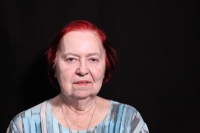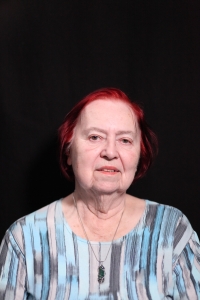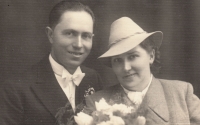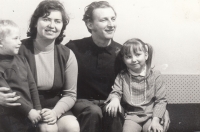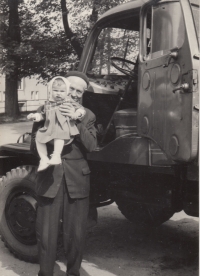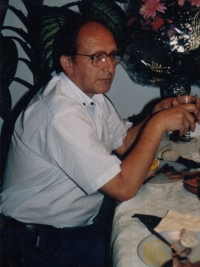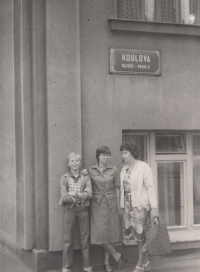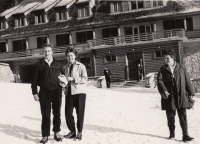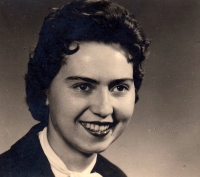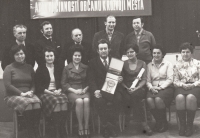I tried to live my life without hurting anyone.
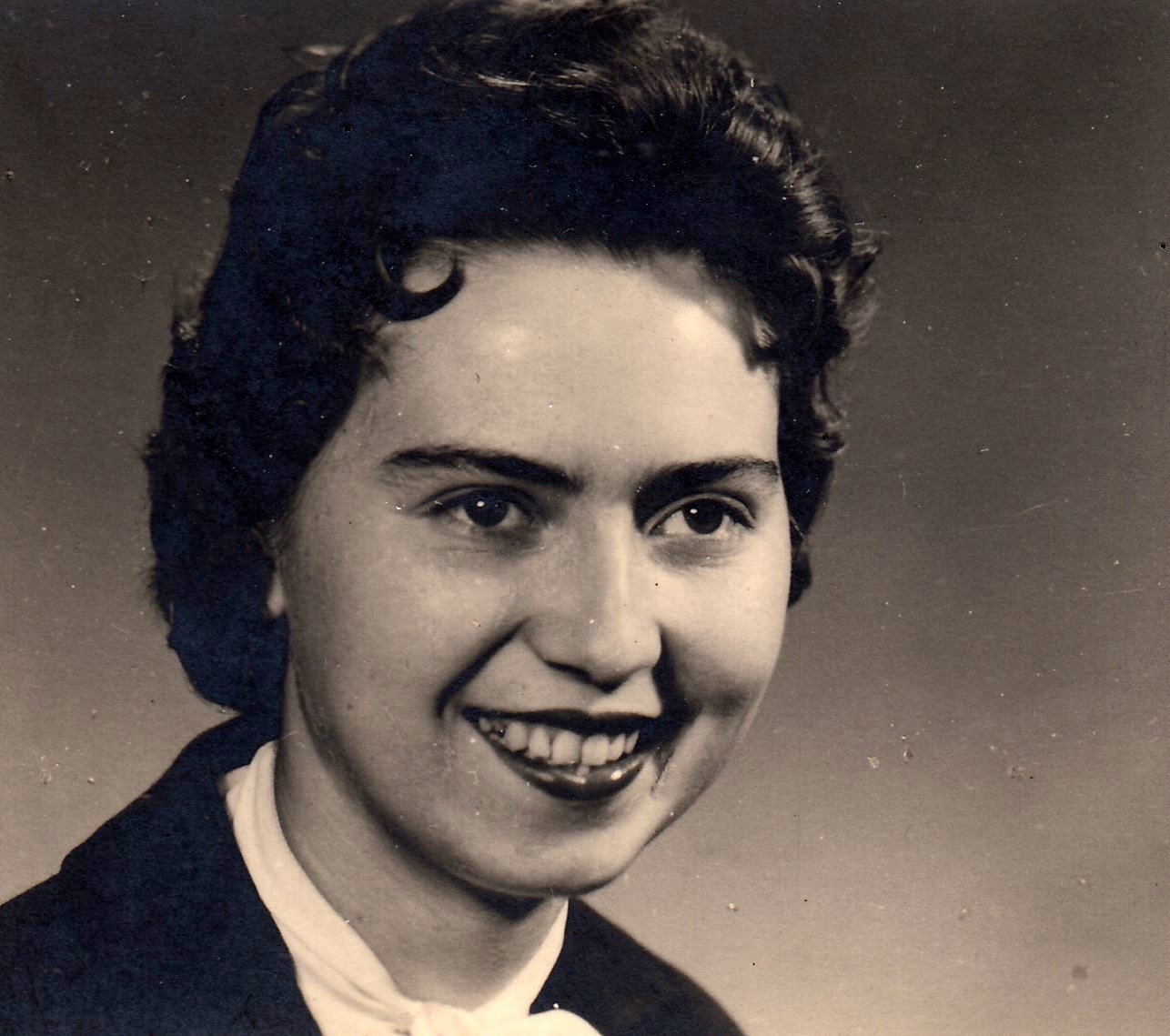
Stáhnout obrázek
Blažena Koulová, nee. Štěpáníková, the only child of Anežka and Oldřich Štěpáník, was born on 3 February 1940 in Zlín. She lived with her parents in Napajedla, where they both came from. Her father, a trained electrician, was one of the first to have a driving licence. Although he had also graduated from a school of economics, he earned his living as a professional driver at the Pařík brothers‘ factory in Napajedla. Her mother was a housewife, taking care of a small farm. Before her marriage she worked in Fatra Napajedla. Blažena Koulová lived her early childhood during the war, as a child she witnessed local war events, including the fall of a bomber near Napajedla in 1944 and the liberation of the town. The extended family was affected by collectivisation, and the family sheep were taken away to a unified agricultural cooperative (JZD). After graduating from the eleven-year secondary school in Otrokovice in 1957, she wanted to study at the pedagogical school, but was not accepted. Her parents were not in the party. She graduated from the library school in Brno in 1958. For the next eight years she worked in the factory library of Svit Gottwaldov. Later she moved to the Municipal Library in Napajedla, where she worked until her retirement. In 1964 she married Jan Kula, who came from a religious family, was not allowed to study at university, and worked as an electrical engineer. They raised two children together. After the Revolution she was at the birth of the Napajedla Museum Association and the later building of the museum in Napajedla. For forty years she wrote the chronicle of the town of Napajedla, where she lived at the time of the filming, in 2024.
